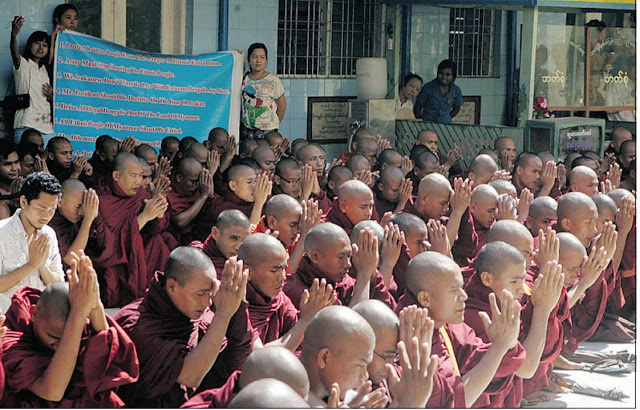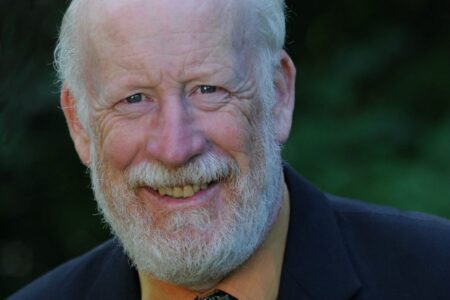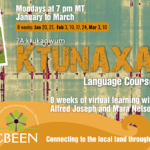'Pro-Democracy' Groups Behind Myanmar Refugee Attacks
AltThaiNews October 29, 2012: People don't just come out into the streets and begin murdering each other. There are always instigators on one side, perhaps both, leading the anger and violence. In the case of targeted Muslim Rohingya refugees in Myanmar's Rakhine state, those leading the the violence against them, which most recently involved 26 killed and 2,000 Rohingya homes destroyed, have been identified.
While the Associated Press (AP) features grainy photos of monks outside the city hall in Yangon, Myanmar, claiming that it is a rally "against violence," the signs themselves tell a different tale. One enumerates, in English, the demands of the "monks." The sign includes:
1. Protect Rakhine People from the Dangers of Islamic Extremism.
2. Army Must stop Shooting the Ethnic People.
3. We Arakanese Don't Want to Live With Extreme Bengalis Anymore.
4. Mr. President Should be Decisive on the Issue of Arakan.
5. Drive all illegal Bengalis out of the Land of Myanmar.
6. All Ethnic People of Myanmar Should be United.
The sign continues, but is obstructed in all the shots provided by AP. All of the news stories featuring the picture do not mention any of the enumerated points on the sign, and instead claim, "Myanmar Buddhist monks offer prayers Thursday during a rally of more than 100 people protesting recent violence."
By "Army Must stop Shooting the Ethnic People," the protesters mean the army should stop firing on their vigilantes for attempting to eradicate the refugees, as the points on the sign enumerate clearly they are the united ethnic people of Myanmar, and the refugees are "illegal Bengalis."
In the summer and early fall of 2012 when this wave of violence had again erupted, AFP reported in their article, "Monks stage anti-Rohingya march in Myanmar," that the marching "monks" supported President Thein Sein's plan to expel the Rohingya, before paradoxically admitting that Thein Sein has accused the marchers of "kindling hatred toward the Rohingya."
AFP, in a grave lapse of professional journalism, refers to the leader of this movement as merely "a monk named Wirathu."
However, this isn't merely "a monk named Wirathu," but "Sayadaw" (venerable teacher) Wirathu who has led many of "democratic champion" Aung San Suu Kyi's political street campaigns and is often referred to by the Western media as an "activist monk."
In March of this year, Wirathu had led a rally calling for the release of so-called "political prisoners," so designated by US State Department funded faux-NGOs. Wirathu himself was in prison, according to AFP, for inciting hatred against Muslims, until recently released as part of an amnesty, an amnesty US State Department-funded (page 15, .pdf) Democratic Voice of Burma claims concerned only "political prisoners."
Human Rights Watch itself, in its attempt to memorialize the struggle of "Buddhism and activism in Burma" (.pdf), admits that Wirathu was arrested in 2003 and sentenced to 25 years in prison along with other "monks" for their role in violent clashes between "Buddhists and Muslims" (page 67, .pdf). This would make Wirathu and his companions violent criminals, not "political prisoners."
While Western news agencies have attempted to spin the recent violence as a new phenomenon implicating Aung San Suu Kyi's political foot soldiers as genocidal bigots, in reality, the sectarian nature of her support base has been back page news for years. AFP's recent but uncharacteristically honest portrayal of Wirathu, with an attempt to conceal his identity and role in Aung San Suu Kyi's "Saffron" political machine, illustrates the quandary now faced by Western propagandists as the violence flares up again, this time in front of a better informed public.
During 2007's "Saffron Revolution," these same so-called "monks" took to the streets in a series of bloody anti-government protests, in support of Aung San Suu Kyi and her Western-contrived political movement. HRW would specifically enumerate support provided to Aung San Suu Kyi's movement by these organizations, including the Young Monks Union (Association), now leading violence and calls for ethnic cleansing across Myanmar.
The UK Independent in their article, "Burma's monks call for Muslim community to be shunned," mentions the Young Monks Association by name as involved in distributing flyers recently, demanding people not to associate with ethnic Rohingya, and attempting to block humanitarian aid from reaching Rohingya camps.
The Independent also notes calls for ethnic cleansing made by leaders of the 88 Generation Students group (BBC profile here) – who also played a pivotal role in the pro-Suu Kyi 2007 protests. "Ashin" Htawara, another "monk activist" who considers Aung San Suu Kyi, his "special leader" and greeted her with flowers for her Oslo Noble Peace Prize address earlier this year, stated at an event in London that the Rohingya should be sent "back to their native land."
The equivalent of Ku Klux Klan racists demanding that America's black population be shipped back to Africa, the US State Department's "pro-democratic" protesters in Myanmar have been revealed as habitual, violent bigots with genocidal tendencies and enumerated designs. Their recent violence also casts doubts on Western narratives portraying the 2007 "Saffron Revolution's" death toll as exclusively the work of government security operations.
Like their US-funded (and armed) counterparts in Syria, many fighting openly under the flag of sectarian extremism held aloft by international terrorist organization Al Qaeda, we see the absolute moral bankruptcy of Myanmar's "pro-democracy" movement that has, up until now, been skillfully covered up by endless torrents of Western propaganda – Aung San Suu Kyi's Nobel Peace Prize and a recent showering of Western bestowed awards, all being part of the illusion.



























